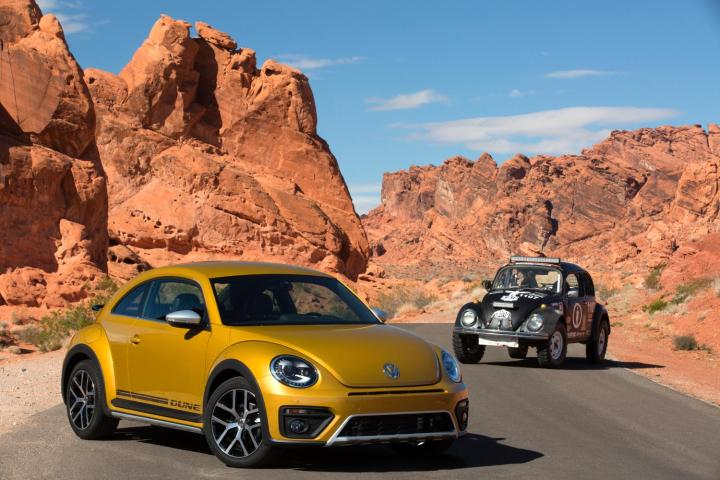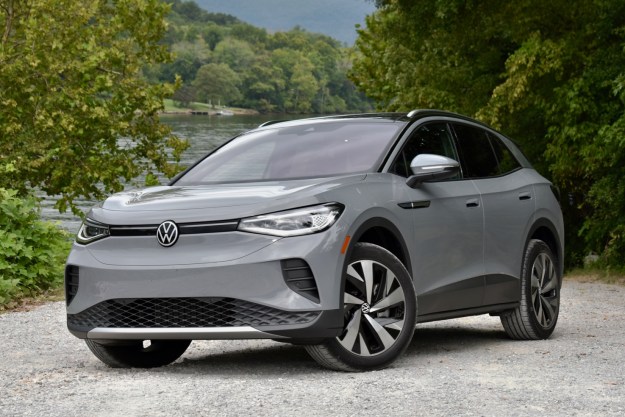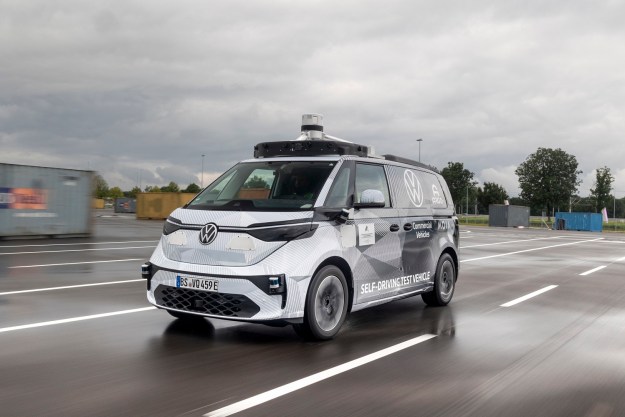
The Beetle’s demise is largely blamed on poor sales. Autoline reports that Volkswagen sold about 109,000 examples of the Beetle globally in 2013, two years after the current model went on sale. Production dropped to just 64,000 cars last year, in spite of an array of limited-edition models launched to lure buyers into showrooms. To complicate the situation, the Beetle’s biggest market is the United States, where two-door hatchbacks have never been popular and consumers are increasingly trading in cars for crossovers.
Dropping the Beetle will free up the production capacity that Volkswagen needs as it prepares to launch a crossover offensive in the United States. The Wolfsburg-based German car maker will allegedly fill the void left by the Beetle in its Puebla, Mexico, factory with variants of the brand new second-generation Tiguan. An earlier report claims the Tiguan lineup will ultimately include a three-row, seven-seater variant developed largely for our market, and a four-door coupe model with a sleek, fastback-like silhouette similar to the BMW X4’s.
Rumors of the Beetle’s demise have been circulating around the auto industry for over a year. Last year, German newspaper Spiegel reported that Volkswagen was considering killing off the Beetle at the end of its life cycle in order to cut costs. At the time, the publication also speculated that the automaker would discontinue the three-door version of the Polo, a small hatchback positioned below the Golf and not sold in the United States, for the same reason.
Volkswagen hasn’t commented on the rumor, so we’ll have to wait a couple of years to find out whether the Beetle will join the original, air-cooled model in the pantheon of automotive history.
Editors' Recommendations
- Volkswagen adds ChatGPT voice recognition to some models
- Volkswagen ID.GTI concept is another icon reimagined as an EV
- Volkswagen ID.7 shows not every EV needs to be an SUV
- The Volkswagen Bus is back, and this time it’s electric
- Volkswagen ID. Buzz prototype first drive: Here comes your van




